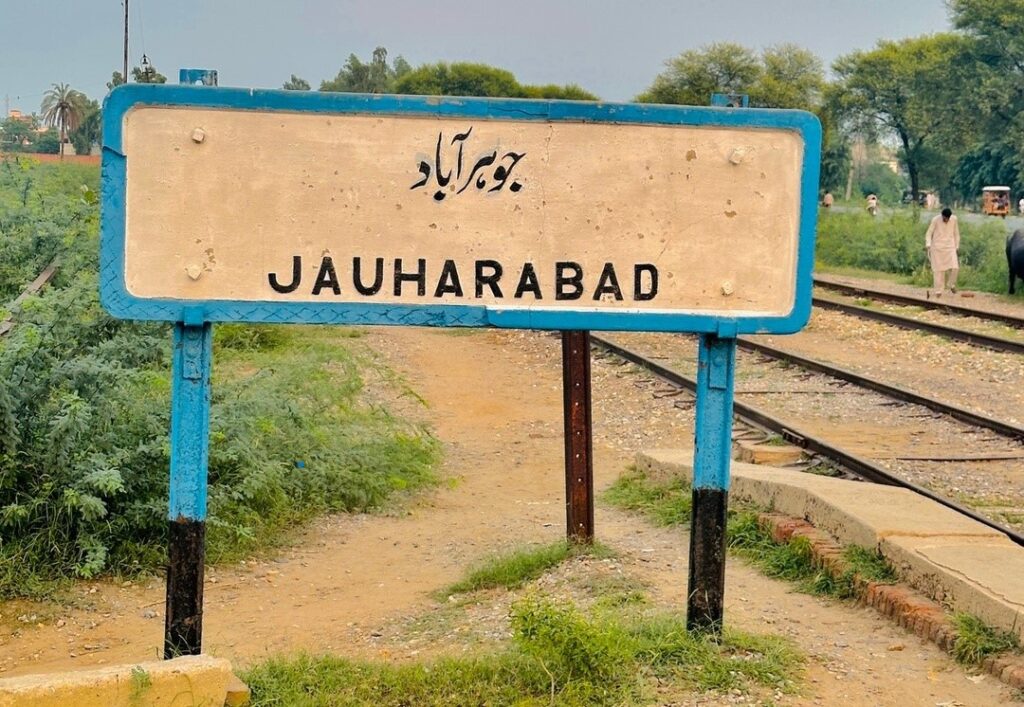Jauharabad, also known as Joharabad, is a small city in Pakistan’s Punjab province that serves as the district headquarters of Khushab District in Sargodha Division. In 1953, Jauharabad was founded as a planned city. Maulana Muhammad Ali Jauhar, a well-known participant in the Pakistani independence movement, inspired the name Jauharabad. The city is in Punjab’s Khushab district, which is in the nation’s north. Important places close to Jauharabad are Khushab, the Jhelum River, and the Mianwali District to the west, and the Salt Range to the north. District Public School and Inter College (DPS&IC), the University of Education Lahore (sub-campus), the Government Technical College, the Jauhar Memorial Public School, the Superior College, the Aspire College, and the Punjab College are among the educational institutions. Sarwar Shaheed Public Library is one of its public libraries, and it has numerous administration
Although the name of the city is in honor of Maulana Mohammad Ali Jauhar, a well-known Pakistani freedom activist, the Urdu word “Jauhar” translates to “gem” in English.

In 1953, a master plan was used to build Jauharabad. Jauharabad replaced Khushab City as the district headquarters of Khushab District due to its well-planned layout, which had wide avenues and open areas. The 26th Safari Park of Pakistan is almost finished with construction.
In the 1950s, Jauharabad was the home of Muhammad Asad (originally Leopold Weiss), a well-known Islamic scholar, thinker, and Jewish conversion to Islam who wrote The Road to Mecca, The Message of the Qur’an, and Principles of State and Government in Islam. He lived at the bungalow of Chaudhry Niaz Ali Khan, a well-known inhabitant of the area. Allama Muhammad Iqbal had advised Khan to found the Dar ul Islam Trust Institutes, which were later founded in Jauharabad, Pakistan, and Pathankot, India.
Jauharabad is located in flat agricultural land immediately south of the Salt Range, which denotes the end of the Pothohar Plateau and the beginning of the Punjab plains, at the meeting point of the Thal Desert and the Potohar. The Jhelum River flows 7 km southeast of Jauharabad, while the Thal Desert is located to the west of the city. The Khushab Reserve Forest is located east of Jauharabad and covers an area of around 4 km². Situated in the bigger Khushab District, thirty kilometers south of Jauharabad, lies the Khushab Nuclear Complex, a heavy water complex and nuclear reactor capable of producing plutonium.

Comments